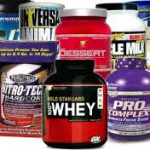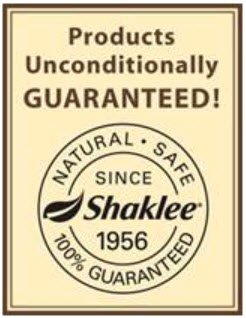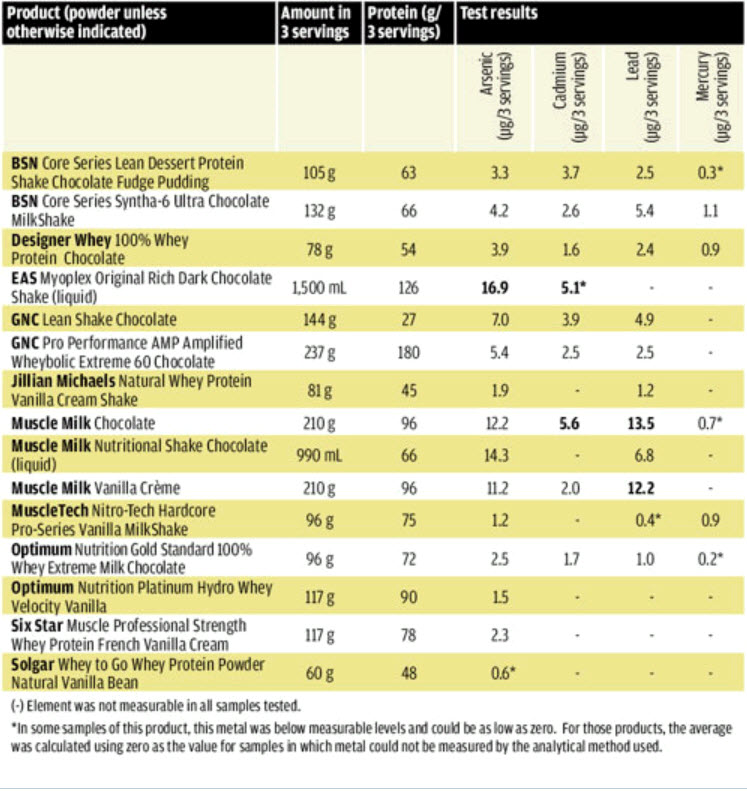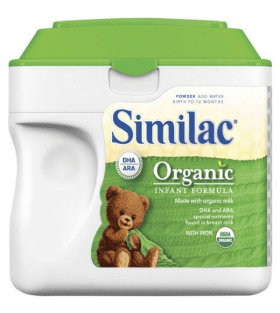31% of Protein Powders & Drinks Fail ConsumerLab.com Review
Americans spend over $3 billion a year on protein powders a year. You may be getting more or less in your protein powder than you bargained for including heavy metals, and things that are not on the label.
getting more or less in your protein powder than you bargained for including heavy metals, and things that are not on the label.
ConsumerLab.com set out to find what’s really in a scoop of “protein powder,” and the results weren’t all that impressive. In some products they found a lot less protein and/or a lot more carbohydrates than expected, and even more alarming, some contained high qualities of lead.
ConsumerLab.com purchased, tested and reviewed the quality of a broad range of protein powders and drinks used for everything from bodybuilding to dieting.
ConsumerLab.com found problems with the quality of five of the 16 protein products it selected for testing and confirmed these findings in a second independent laboratory:
• a protein powder from a popular brand was missing 16 grams of protein per scoop — the majority of the protein it promised. Instead, it contained an extra 16 grams of carbohydrates (including an extra 3 grams of sugar)
• a powdered meal replacement shake was contaminated with 12.7 mcg of lead per serving (far more than permitted in California without a warning label)
• a popular protein energy meal with spirulina had an extra 6.7 grams of carbohydrates (including an extra 4 grams of sugar) and an additional 25.7 calories per serving
• a protein powder — from a “GMP certified” facility — claiming “0” cholesterol really had 10.2 mg
• a protein supplement claiming 5 mg of cholesterol actually had 14.2 mg
The cost of an equivalent serving of protein from products approved for quality by ConsumerLab.com ranged from just 61 cents to over $5. “What sets these products apart from other types of supplements and energy foods is protein — typically about 10 to 30 grams per serving,” said Tod Cooperman, M.D., president of ConsumerLab.com. “They can be a convenient way to get specific types of protein to build and maintain muscle, but some protein powders come with unwanted surprises, like lead contamination, extra carbs, or even less protein than advertised.”
The new Protein Powders and Drinks Review provides results and comparisons for 27 products — 16 selected by ConsumerLab.com and 11 that passed its voluntary Quality Certification Program. Products include those made with whey protein (concentrates, isolates, and hydrolysates), casein protein, soy protein, rice protein, and pea protein.
Products reviewed in the report are Atkins Day Break, Body Fortress Whey Isolate, Dymatize Nutrition Elite Casein, EAS 100% Whey Protein, Endurox R4, Genisoy Soy Protein Shake, GNC AMP Amplified Wheybolic Extreme 60, GNC Pro Performance 100% Whey Protein, GNC Total Lean – Lean Shake 25, GNC Total Lean – Lean Shake, Jay Robb Whey Protein, Marked 100% Whey Protein Complex Gourmet, Marked Mass Gainer Gourmet, Metagenics UltraMeal Rice, a recent study by ConsumerLabs about how many protein products contain dangerous contaminants .. or do not deliver the nutrient content that is stated on the label…
Here is One Company You Can Trust
 Editor’s Note: The consumer is vulnerable .. as they have no way of knowing whether the product they are purchasing off the shelf contains the nutrients listed on the label…
Editor’s Note: The consumer is vulnerable .. as they have no way of knowing whether the product they are purchasing off the shelf contains the nutrients listed on the label…
It is one of the biggest reasons many use Shaklee products … Their standards of quality control are THE HIGHEST in the industry .
The US Pharmacopaiea which establishes recommendations for best practices in manufacturing recommends testing for 80 contaminants in raw materials for supplements . Shaklee exceeds the 80 recommended they tests for 350 .
Shaklee conducts 100,000 quality control tests a year on every ingredient of every product they produce and will backorder a product even if one .. ingredient in a formulation does not meet the Shaklee standard for purity or potency .
You can always trust Shaklee to be pure … and safe … and effective.
Protein Powders containing heavy metals
Below is an earlier chart that Consumer Lab did showing many of the popular Protein Powders showng that many contain heavy metals such as arsenic, camdium and mercury


